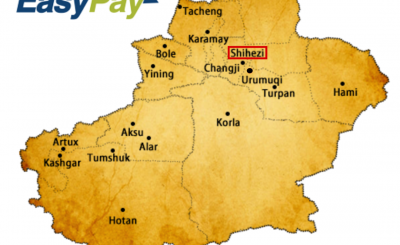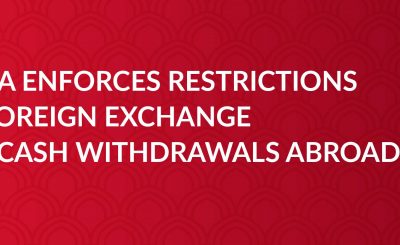The payment industry has been going through tremendous disruption since the past 10 years. Thousands of companies venturing into the financial services ecosystem are providing different solutions to enhance the overall experience for end users – aiming at making payments faster, more accessible, easier and cheaper through technology.
Nevertheless, there are as many Internet traps and threats predating us who are not careful or even aware about these security risks.
Below are the 4 basic steps that we think are crucial for you before performing any financial activities online, i.e. money transfer or payment.
Start with Your Computer
Before you begin to transfer money online, always check your computer to ensure that the computer is free from hacks or viruses. Install the computer with the latest virus protection software and security updates. Older versions may have security flaws, bugs or the inability to mitigate the newer viruses; which could possibly override your privacy and compromise money transfer security. Some notorious financial malwares such as Zbot, CryptoLocker, Tropig are designed to steal your credentials online.
Secure Your Connected Devices
Besides checking the security vulnerabilities of your computer, you should make sure other connected devices (mobile phones, tablets, smart appliances) you use to access the Internet are equally safe. These portable devices are exposed to the similar risks of running into fraudulent websites or viruses. You should always make sure your smart devices are updated with the latest operating system in order to mitigate such risks.
Avoid Public Devices / Networks
It is highly warned by professionals to avoid using public devices or public Internet networks to perform online money transfers or any other type of financial transaction. Reports prove that the chances of being hacked is higher if users access public Wi-Fi networks regularly, not knowing the potential deceit behind these devices or networks. To reduce the security risks, you should only use personal devices, that are connected to personal or trusted Internet networks all the time when you are processing any type of financial transaction.
Engage Secure Websites
Always pay attention to the websites that you are using to transfer money online. Keep an eye for socially engineered scams aiming at stealing your passwords and personal credentials. A good example almost everyone can relate to is this one spam email sent by a Nigerian prince promising you millions of dollars if you send him a modest sum through an international money transfer service. Or maybe a website with an exact login interface as the bank’s but using a different website link. Other forms of socially engineered scams include SMS messages or calls purportedly from the bank requesting for information or updates of user access credentials.
Make sure that the website you use to transfer money online has all the necessary security measures such as HTTPS encryption for privacy and authentication. Encryption helps to prevent identity theft by encoding data, making it unintelligible and scrambled for hackers to crack.
To avoid risks associated with fraudulent websites when transferring money online, one should always deal with reputable and regulated companies. One such company is EasyPay Transfers.
EasyPay Transfers is licensed by Bank Negara Malaysia to help businesses transfer money online to China securely. EasyPay Transfers employs various security mechanisms to secure its website, one such security measure is the use of a unique passphrase for each user in preventing phishing attacks, which is safer than the use of ordinary user passwords.




